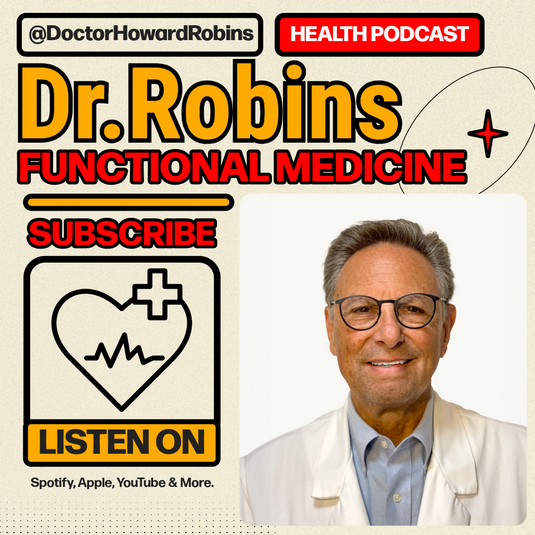Probiotics are live microorganisms that can provide health benefits to the consumer; one area of interest is the immune system. How do they work?
Probiotics work by enhancing the balance of beneficial to harmful bacteria in the gut. These bacteria are able to interact with our immune cells and help regulate their responses. A regulated and balanced immune response helps prevent excess inflammation and overreactions. Psoriasis is an inflammatory skin disease, believed to be influenced by an imbalanced gut microbiome, through a shared inflammatory pathway between the gut and skin. Researchers refer to the shared connection between the gut microbiome and skin health as the “gut-skin axis”.
Doctor’s Biome wants to share with you the latest advancements in probiotics potential to alleviate psoriasis. While probiotics can be found naturally in fermented foods like yogurt, kimchi, and sauerkraut, as well as in some dietary supplements, not all probiotics use the same quality microorganisms, or are intended for the same health benefits.
Doctor’s Biome signature blend of 15 probiotic bacteria were rigorously researched and selected for their safety and wide range of usage with a variety of potential health benefits in mind. What makes our product unique from others on the market is the probiotics in Doctor’s Biome Colon Health are hydrated and living (“Living Probiotics”) in a proprietary organic green juice blend.
Since the 1990s, scientists have been studying how gut microbes affect different diseases including psoriasis. Recent research by Dr. Zeng and co-workers suggests: “Probiotics may have a positive effect on alleviating the clinical symptoms of psoriasis, but a large sample of RCTs (randomized control trials) is still needed to support its therapeutic effect on psoriasis”.
People suffering from psoriasis typically have higher amounts of inflammation-causing bacteria living in their intestines. The increased inflammatory materials can end up being released into circulation causing chronic inflammation on the skin. Interestingly, it is believed that this may also be how plaque psoriasis arises in the mouth. Adding beneficial bacteria in the form of probiotics may help correct the balance in your gut, however it is currently unknown which bacteria are definitely responsible for this.
What do the researchers say?
Specific gut microbes may offer benefits to the body outside of the intestines. For people suffering from psoriasis, this can lead to reduced skin inflammation and relief from misery.
One 2012 case study looked at the probiotic treatment of a woman with pustular psoriasis (symptoms include white bumps filled with pus near or inside red skin blotches). Her psoriasis wasn’t responding well to traditional treatments, so medical professionals decided to explore other options. “She was put on Lactobacillus acidophilus (L. acidophilus), a type of probiotic ("good" bacteria) found in humans. This same probiotic is generally used in the production of yogurt, cheese, and fermented foods. Within two weeks, her lesions began to subside.”
In this case and others, researchers concluded that taking the oral probiotic reduced biomarkers of inflammation, leading to substantial relief for the patient. While these research studies show improvements to psoriasis from probiotics, it is important to consider that the overall research results are much more mixed. Continued research is required to find out which strains of probiotics are most helpful in multiple situations and diagnoses.
At Doctor’s Biome our doctors have created DB Colon Health, a scientifically formulated solution to support digestive balance, immunity, and overall wellness. It’s time to transform your gut health and feel your best with Doctor's Biome probiotics. Order now and experience the difference for yourself!
*These statements have not been evaluated by the Food and Drug Administration. This product is not intended to diagnose, treat, cure, or prevent any disease.


![THE DOCTOR’S BIOME® DIFFERENCE [We Have the Smarts and the Charts]](http://doctorsbiome.com/cdn/shop/articles/DB_Difference_Infographic_27fc57ba-5eda-489e-b6d1-45f50e7c49a8_535x.jpg?v=1748981561)

